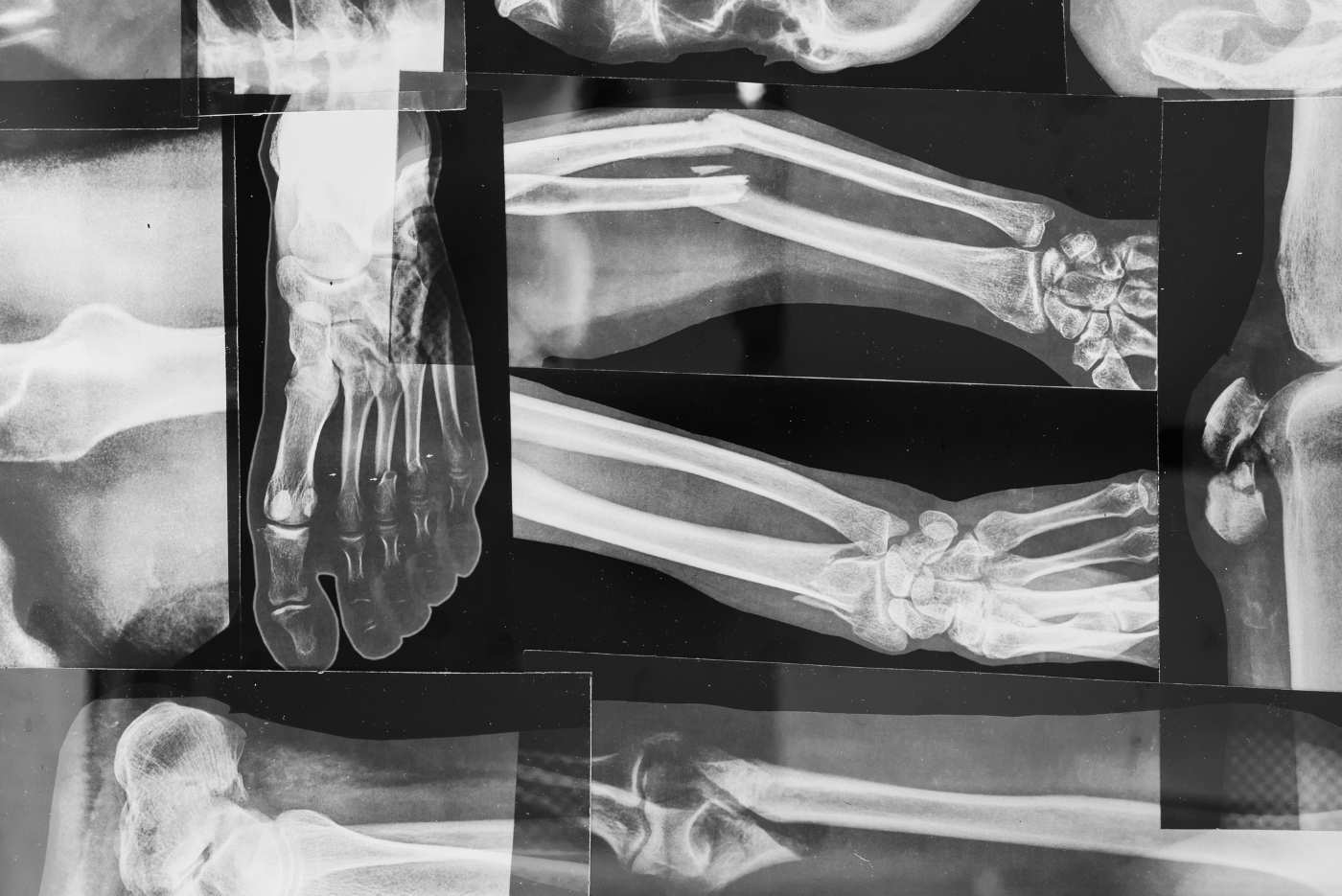Late Appearing Injuries From An Accident? Here’s what you should do.

Some injuries, like broken bones, are immediately obvious after an accident. Other injuries can take time to appear. Or they don’t appear serious at first but get worse with time.
Imagine it’s a Friday afternoon. You are on your way to your kid’s school to see him sing in a concert. You are only a block away from the school, stopped at a red light. The driver of the car behind you is on her cell phone. She is distracted and brakes too late to avoid hitting you. Her car hits yours at about 30 km per hour. Your head snaps back and hits the headrest. You are dazed. Your head is ringing. Someone calls emergency services. An ambulance comes. The paramedics want to take you to hospital to get you checked out but all you want to do is get to your kids’ concert. You are high on adrenaline. So, after your car gets towed away you walk to the school to get to the concert. You rest up over the weekend, doing hardly anything. During the next week at work, you start noticing some things. You get a headache. You get tired easily. It is hard to focus. The computer screen bothers your eyes. But you are someone who soldiers on and shakes things off. You think, “I’ll get better”. But, unfortunately, you don’t. Your sleep becomes impaired. You start getting hyper-emotional. After a couple of weeks, you spouse tells you that you’d better go to a doctor. You do, and the doctor diagnoses a concussion.
This kind of situation is not uncommon in motor vehicle accidents. The symptoms of a concussion can take time to appear. Post-concussion syndrome is known to sometimes have a delayed onset.
While it is a natural tendency for many people to soldier on and avoid going to the doctor, this behaviour tends to cause problems in a legal claim. The medical records are key evidence in these claims. And if symptoms or problems are not recorded in medical records it is much harder to prove their existence. If someone has a concussion and does not seek out medical attention for several weeks, it makes the case more difficult. As such, our advice to anyone in a significant accident is to seek out medical attention as soon as possible and report all symptoms.
Some injuries can develop long after an accident. Psychological injuries are an example of this. While Post Traumatic Stress Disorder (“PTSD”) symptoms usually onset shortly after a traumatic event, there can be a delay. Delayed-onset PTSD is a known psychiatric condition. Some physical injuries also take time develop. For example, peripheral nerve injuries may take weeks to become apparent because they are caused by things like inflammation that develops after the initial injury.
Other injuries can appear mild at first and then develop into serious injuries. A person could have some neck and back pain that doctors think will resolve. But with time, the pain becomes chronic, and a Major Depressive Disorder develops. No one, including the injured person, would have thought after the accident that the injuries would be life changing but so it turns out.
Whenever new symptoms develop after an accident it is important to seek out medical attention. Early treatment may prevent some conditions from becoming permanent and serious. And the documentation of symptoms by health care practitioners is important in any legal and insurance claim.
In Ontario, there is a two-year limitation period to start a legal claim. This does not mean you should wait until close to the two-year mark to consult with a lawyer. If you are involved in an accident of any significance and suffer injuries it is very important to consult with a lawyer in a timely way. This allows the lawyer to do an investigation and preserve evidence if your injuries do become serious. Important evidence, like the involved vehicles, can disappear if you wait too long to consult with a lawyer.
But what if a person’s injuries appear to be mild for the first two years and then he or she deteriorates? Is a claim still possible? The answer is maybe. The two-year limitation period can be extended if the injury (or in some cases, the severity of the injury) was not “discoverable” within 2 years of the claim being started. So, if you develop injuries, or more severe injuries even after two years from the date of the accident, you should still consult with a lawyer and get advice on whether a claim is feasible.
Contributors

Troy Lehman joined Oatley Vigmond in 2006 and became a partner in 2010. As a personal injury lawyer, his greatest satisfaction comes from helping people through to the other side of a difficult time in their lives. “We’re here to help and relieve stress,” Troy says. “When I walk into a first meeting with a client, people are often scared and anxious. And for me, the best thing that can happen at the end of the meeting is that they say, ‘I feel so much better.’
